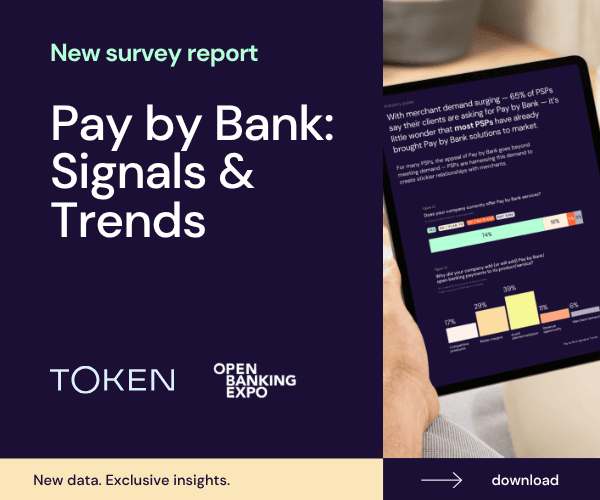

Australian government consults on expansion of CDR to non-bank lending
Ellie Duncan | News
28 Nov 2024
The Australian government is inviting feedback on draft amendments to the Consumer Data Right (CDR) rules, as it plans to expand the CDR to the non-bank lending sector and narrow the scope of CDR data for the banking sector.
The government has stated that expanding the CDR to the non-bank lending sector will “facilitate more informed consumer engagement with both banks and non-bank lenders, leading to improved financial outcomes for individuals and businesses”.
In addition, it will increase the availability of data, “encouraging innovation in financial technology and helping consumers to better understand and manage their finances”.
The updated draft amendments released by Treasury include an update to the ‘de minimis’ threshold for non-bank lending, which is the criteria that determines whether a non-bank lending data holder is required to implement CDR data sharing.
The aim is to “unlock high-value use cases”, while “limiting” the potential costs and burdens for non-bank lender data holders.
The updated draft rules also narrow the range of products for which CDR data sharing would be compulsory for banking data holders, and non-bank lending data holders that meet the ‘de minimis’ threshold.
Under the proposed changes, CDR data sharing would be voluntary for asset finance – with the exception of standard auto finance – consumer leases, foreign currency accounts, margin loans and reverse mortgages.
It would also be voluntary in relation to products for which a banking or non-bank lending data holder has fewer than 1,000 eligible CDR consumers.
The draft rules reduce the requirements under which a banking or non-bank lending data holder has to share consumer transactional data, with no requirement to share consumer data if the data was in relation to a transaction that occurred more than two years before the time of the request.
Updated timing for the CDR data sharing obligations to take effect have also been proposed.
Product data sharing obligations would apply from 13 July 2026, followed by consumer data sharing obligations in four phases, from 9 November 2026 until 13 September 2027, beginning with the largest non-bank lenders and non-complex data requests.
Interested parties have until 24 December 2024 to submit their responses to the consultation, which opened on 26 November.
Earlier this month, the Australian government announced a series of changes to the CDR that are intended to encourage further uptake among consumers, following a consultation on changes to consent and operational rules.
Further reading: Six strategies to get Australia’s CDR back on track



